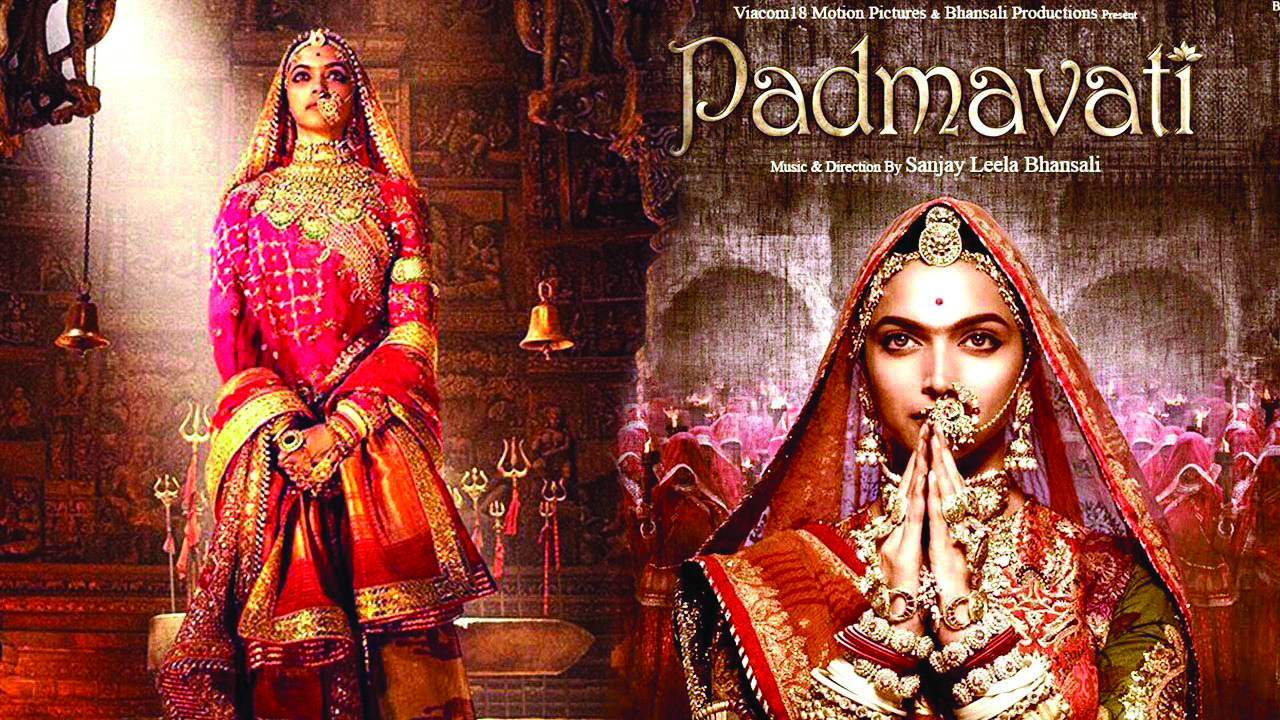On January 25, India released its first 3D IMAX film, “Padmaavat”, a Bollywood musical about revered Hindu legend Queen Padmavati set in fourteenth century Rajasthan.
The story of Queen Padmavati dates to a sixteenth century Sufi Muslim poem where the queen and women of her kingdom burn themselves to resist invasion by the Muslim sultan of Delhi, this earning Padmavati mythical status. She is a symbol of sacrifice and honor in the Hindu faith.
The film has faced controversy and protests ever since the beginning of production. It was rumored that the film shows Queen Padmavati having a love interest in the Muslim sultan, which filmmakers repeatedly denied.
Protests include attacks to the film’s set, assault of the director of the film, the burning of a school bus in New Delhi, a politician calling for the beheading of the director and the lead actress who plays Queen Padmavati, and a group of 16,000 Rajput women threatening mass suicide.
Historians are claiming the controversy stems from contemporary Indian politics, which Hindu nationalists are seeking to impose “purer” Hindu values onto.
Due to many objections, the film’s December 1 debut was postponed by the government. The ban was lifted on January 18 after several modifications were made by India’s Central Board of Film Certification.
The title of the film changed from “Padmavati” to “Padmavaat” to distance itself from the poem about the queen, many disclaimers were added to inform viewers of sensitive issues the film presents, and CGI was used to cover the lead actress’s bare midriff.
Despite the controversy, “Padmavaat”, has been breaking box office records since its release earning over $16 million and international recognition.



